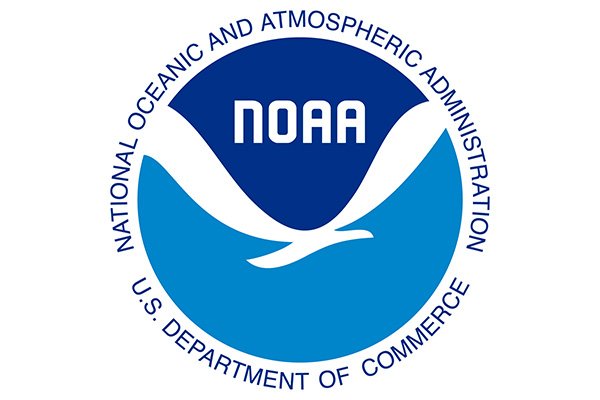Functional Trait Changes in the Northwest Atlantic Fish Community
Understanding how community traits are changing in our marine ecosystem.
Climate change impacts on individual species are well documented, yet few studies have sought to understand how species-level changes scale up to create changes in fish communities. This project will determine how functional traits of the Northwest Atlantic fish community have changed over the past 50 years and will explore the drivers of those changes.
Project Goals:
- Analyze changes in functional traits of the Northwest Atlantic fish community.
- Evaluate drivers of those changes, including warming and fishing pressure.
- Identify traits that respond quickly to disturbances and evaluate whether they may provide early warning signals of community-scale change.
Impacts of climate change in marine ecosystems have been widely documented through studies of individual species, yet climate impacts are cascading through ecosystems — affecting species interactions and ecosystem structure and function. Species with certain traits are generally more responsive to environmental disturbances, yet whether these traits are associated with faster or stronger responses to warming in the Northwest Atlantic marine ecosystem has not been evaluated. Moreover, the aggregate effects of climate change on higher-level ecosystem properties, such as community-level functional traits, have not been determined.
This project will provide insights into how the Northeast Atlantic fish community is changing in terms of its traits, such as size at maturity, fecundity, and feeding characteristics. It will determine whether and how functional groups of species are changing, whether certain traits are more responsive to environmental disturbances, and drivers of these changes (such as fishing pressure or warming ocean temperatures). Results will provide new insights into community dynamics and marine ecosystems in the Northwest Atlantic and will help identify responses that may serve as early warning indicators of broader changes.
Project Team
-
![the staff photo for Kathy Mills]()
-
![This is a black and white portrait of a man smiling.]()
Scott Large, Ph.D.
Chief of the Ecosystem Dynamics and Assessment Branch
Northeast Fisheries Science Center
[email protected]
Project Sponsor
This project is generously supported by a fellowship in Quantitative Fisheries and Ecosystem Science through the Cooperative Institute for the North Atlantic Region, with funding from NOAA’s Northeast Fisheries Science Center.
Read Next
-
![2021 Research Progress Update]()
2021 Research Progress Update
Our research team has been hard at work over the last year. To keep you updated on their progress, we've developed a report showcasing some …
Announcements
-
![2022 Gulf of Maine Warming Update: Second-Hottest Year on Record]()
2022 Gulf of Maine Warming Update: Second-Hottest Year on Record
Over the past decade, scientists at the Gulf of Maine Research Institute have led a body of research that highlights the rapid pace of warming …
Announcements
-
![2021 Gulf of Maine Warming Update: Hottest Year on Record]()
2021 Gulf of Maine Warming Update: Hottest Year on Record
With an annual average sea surface temperature (SST) of 54.14 °F — more than 4 °F above normal — the Gulf of Maine experienced its …
Announcements
-
![Gulf of Maine, Explained: The Warming Gulf of Maine]()
Gulf of Maine, Explained: The Warming Gulf of Maine
What was once a startling observation among our team of ecosystem modelers is now common knowledge: over the course of a decade, the Gulf of …
Gulf of Maine, Explained




